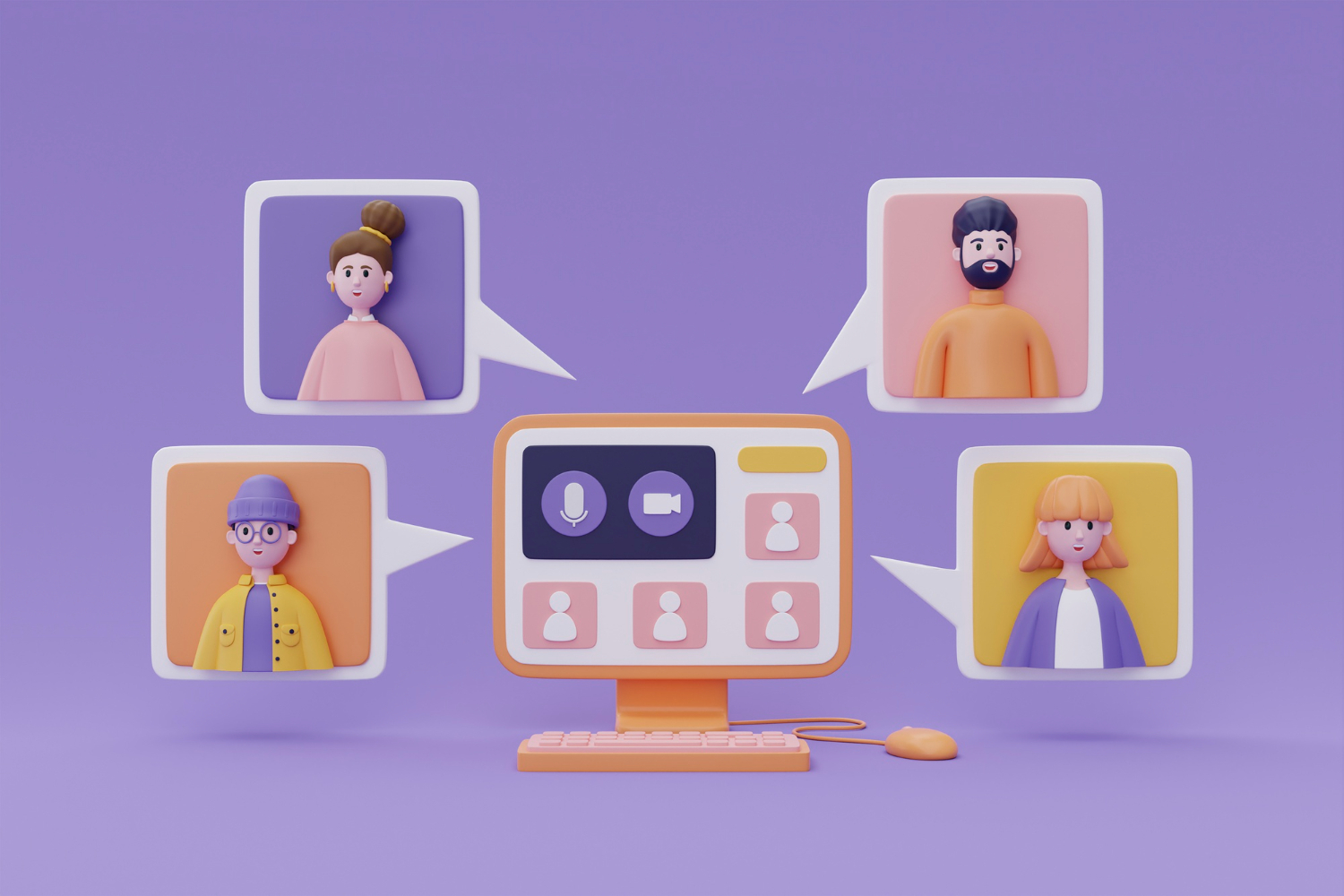Introduction to Peer Recognition Platforms

Maintaining a connected and motivated workforce is crucial in the evolving landscape of remote hiring. One effective strategy is the implementation of peer recognition remote platforms. These platforms enable employees to acknowledge each other’s contributions, fostering a positive work environment even when team members are miles apart.
Why Peer Recognition Matters

Boosting Morale and Engagement
Peer recognition plays a significant role in boosting employee morale and engagement. According to a Gallup study, employees who receive regular recognition are more productive, engaged, and likely to stay with their company. This is particularly important in remote settings where employees might feel isolated.
Encouraging Collaboration
When employees recognize each other’s efforts, it encourages a culture of collaboration. This is essential in remote teams where communication barriers can hinder teamwork. Peer recognition platforms provide a structured way for employees to express appreciation, enhancing team cohesion.
Implementing Peer Recognition in Remote Teams

Choosing the Right Platform
Selecting the right peer recognition platform is crucial. Look for features that allow for easy integration with existing tools like Slack or Microsoft Teams. Platforms like Kudos and Bonusly are popular choices that offer seamless integration and user-friendly interfaces.
Creating a Recognition Culture
It’s not enough to just have a platform; companies need to cultivate a culture of recognition. Encourage employees to regularly use the platform and highlight examples of peer recognition in company meetings. This helps to normalize the practice and make it a part of the company culture.
Real-Life Examples and Success Stories

Case Study: ALKU
ALKU is a specialized consulting firm. It has corporate cup program, T-Shirt Program with different hashtags also the ALKU stimulus package to recognizes individuals and teams. The employees can win fabulous prizes in the small wins and celebrations host by the company. This initiative not only boosted morale but also maintained a sense of community among remote employees.
Insights from Paylocity
Cheryl Johnson, Chief Human Resources Officer at Paylocity, emphasizes the importance of peer recognition in remote teams. “Peer recognition can provide visibility to managers but also increase connection among employees and helps them feel valued,” she says. Paylocity’s “Impressions” tool has been instrumental in fostering a culture of appreciation, leading to a significant increase in employee engagement.
Challenges and Solutions

Overcoming Initial Resistance
One common challenge is initial resistance from employees who may be unfamiliar with peer recognition platforms. To overcome this, provide training sessions and create easy-to-follow guides. Highlighting the benefits and sharing success stories can also help in gaining employee buy-in.
Ensuring Consistency
Consistency is key to the success of any recognition program. Set clear guidelines on how and when to use the platform. Regularly monitor usage and provide feedback to ensure that the practice of peer recognition becomes ingrained in the company culture.
Conclusion
Implementing peer recognition platforms in remote teams can significantly enhance employee engagement, collaboration, and retention. By choosing the right platform and fostering a culture of recognition, companies can create a positive and productive remote work environment.
For more insights, check out Master Remote Peer-to-Peer Recognition With These 4 Secrets and Peer Recognition: Keeping Remote Teams Connected | Paylocity.
- Blockchain-Enabled IoT Device Authentication - October 16, 2024
- Quantum Cryptography: The Future of Secure Communication - October 9, 2024
- Photon Mapping for Enhanced Ray Tracing - October 2, 2024
